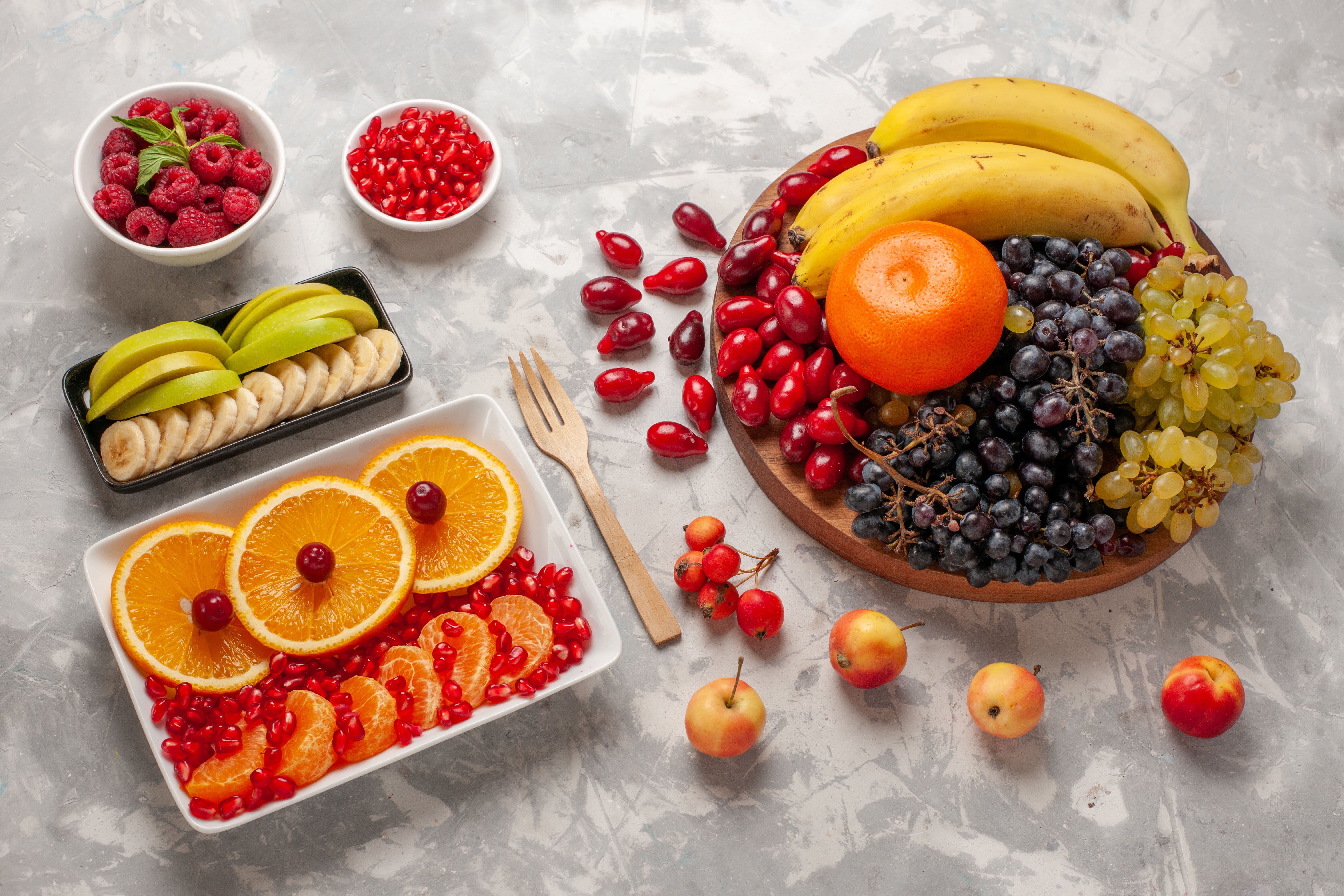Hibrid guide
Can Antioxidants Slow Down Aging? What the Science Says
8 min. read


Written by
Alicia Madison
Published
Fri, 25 Oct 2024
Introduction
Aging is a natural process, but science continues to uncover ways to slow it down and improve the quality of life as we grow older. Antioxidants have become a central focus in the quest to combat the effects of aging, as they neutralize harmful molecules in the body called free radicals. These free radicals, when left unchecked, cause oxidative stress, leading to cellular damage and accelerated aging.
But can antioxidants really slow down aging? Let’s explore the science behind these powerful compounds and how they support longevity and health.
What Are Antioxidants?
Antioxidants are molecules that protect cells from oxidative damage by neutralizing free radicals. Free radicals are unstable molecules generated by normal bodily processes (like metabolism) and external factors such as pollution, UV radiation, and unhealthy diets.
Without enough antioxidants, free radicals can cause oxidative stress, leading to:
DNA damage.
Inflammation.
Accelerated aging.
Increased risk of chronic diseases such as cancer, diabetes, and heart disease.
Common antioxidants include vitamins C and E, beta-carotene, selenium, and polyphenols. They are found in various foods, particularly fruits, vegetables, nuts, and seeds.
The Role of Antioxidants in Slowing Aging
1. Protecting Cellular Integrity
Aging is linked to the gradual accumulation of cellular damage caused by oxidative stress. Antioxidants protect the integrity of cells, including DNA, proteins, and lipids, ensuring they function optimally for longer periods.
2. Reducing Inflammation
Chronic inflammation is a hallmark of aging and many age-related diseases. Antioxidants, especially polyphenols like quercetin and flavonoids found in berries and green tea, have potent anti-inflammatory properties.
3. Improving Skin Health
The skin, as the body’s largest organ, shows visible signs of aging such as wrinkles and discoloration. Antioxidants like vitamin C and E combat oxidative stress caused by UV exposure, improving skin elasticity and reducing wrinkles.
4. Supporting Brain Function
Cognitive decline is often linked to oxidative damage in the brain. Antioxidants like resveratrol (found in red wine) and omega-3 fatty acids protect neurons and support memory and learning as we age.
Key Antioxidants and Their Sources
Certain supplements can support your body’s natural sleep mechanisms. If you’re struggling with sleep quality, these supplements may help:
Vitamin C
-
Benefits: Boosts immunity, supports collagen production, and fights free radicals.
-
Sources: Citrus fruits, strawberries, bell peppers, and broccoli.
2. Vitamin E
-
Benefits: Protects cell membranes from oxidative damage and supports skin health.
-
Sources: Almonds, sunflower seeds, and avocados.
3. Beta-Carotene
-
Benefits: Precursor to vitamin A, promotes eye health, and fights oxidative stress.
-
Sources: Carrots, sweet potatoes, and spinach.
4. Selenium
-
Benefits: Supports thyroid health and enhances antioxidant activity.
-
Sources: Brazil nuts, seafood, and eggs.
5. Polyphenols
-
Benefits: Found in plant-based foods, they combat inflammation and oxidative damage.
-
Sources: Berries, green tea, and dark chocolate.
Scientific Evidence on Antioxidants and Aging
-
The Role of Antioxidants in Longevity : A study in Nature Communications found that diets rich in antioxidant-dense foods were associated with reduced mortality rates and improved longevity. This aligns with findings in populations like the Mediterranean and Okinawan diets, where antioxidant consumption is high.
-
Skin Benefits : Research published in Dermatologic Therapy demonstrated that topical antioxidants like vitamin C reduced the appearance of fine lines and improved skin texture, making them effective in anti-aging skincare.
-
Brain Health : A study in The Journal of Neuroscience showed that resveratrol supplementation protected the brain against oxidative stress, improving memory and reducing the risk of neurodegenerative diseases such as Alzheimer’s.
Incorporating Antioxidants into Your Routine
-
Focus on a Colorful Plate : Eating a variety of fruits and vegetables ensures a diverse range of antioxidants. Aim to "eat the rainbow" by including colorful produce in your meals.
-
Choose Whole Foods Over Supplements : While antioxidant supplements can help fill gaps, whole foods provide synergistic benefits from fiber, vitamins, and minerals.
-
Include Antioxidant-Rich Beverages : Green tea, coffee, and red wine (in moderation) are excellent sources of polyphenols.
-
Avoid Pro-Oxidative Behaviors : Smoking, excessive alcohol consumption, and processed foods increase oxidative stress. Adopting a healthy lifestyle enhances the effectiveness of antioxidants in your diet.
Are Antioxidants the Fountain of Youth?
While antioxidants provide powerful protection against aging and disease, they are not a "magic bullet." They work best as part of a comprehensive approach to health that includes a balanced diet, regular exercise, stress management, and quality sleep. Excessive supplementation can also have adverse effects, so moderation is key.
Key Takeaways
Antioxidants are crucial for neutralizing free radicals and reducing oxidative stress, a major contributor to aging and chronic diseases.
Including antioxidant-rich foods like berries, leafy greens, and nuts in your diet can slow visible signs of aging and improve overall health.
Antioxidants are most effective when combined with a holistic lifestyle approach, including healthy eating, regular exercise, and avoiding smoking or processed foods.
While they can’t stop aging entirely, antioxidants play a significant role in enhancing longevity and quality of life.
In Conclusion
Antioxidants are a cornerstone of health and longevity, offering protection from the inside out. Whether it’s glowing skin, better brain health, or a longer life, the evidence in favor of these molecules is compelling. By incorporating antioxidant-rich foods into your daily routine, you can build a strong foundation for aging gracefully and living vibrantly.

Alicia M.
@alicia_96
Can Antioxidants Slow Down Aging? What the Science Says
